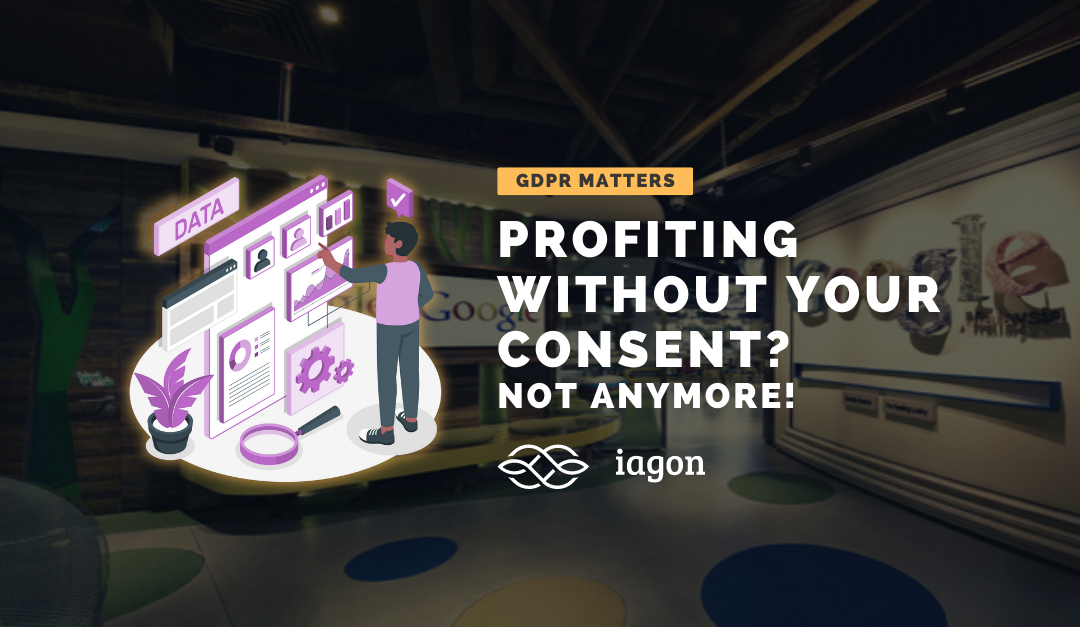Can Your Business Partner Sell Without Your Consent

The question of whether a business partner can sell their stake without the consent of other partners is a complex one with significant implications for business owners. The answer often lies within the fine print of partnership agreements and relevant state laws, creating a potential minefield for the unwary.
Understanding the limitations and rights surrounding partnership interests is crucial for maintaining business stability and preventing potentially devastating disputes. This article explores the legal landscape governing the sale of partnership interests and the protections available to partners.
The Importance of Partnership Agreements
The cornerstone of any successful partnership is a comprehensive and well-defined partnership agreement. This document outlines the rights, responsibilities, and obligations of each partner, including stipulations regarding the transfer of ownership. Without a clear agreement, state law typically governs, which may not align with the partners' intended arrangements.
According to legal experts, a robust partnership agreement should explicitly address the circumstances under which a partner can sell or transfer their interest. This includes specifying whether consent from the other partners is required, and if so, the process for obtaining that consent.
Buy-Sell Agreements
A crucial component of many partnership agreements is a buy-sell agreement. This agreement outlines a process for partners to buy out the interest of a departing partner, often triggered by events such as death, disability, or simply a desire to leave the business.
Buy-sell agreements often contain restrictions on transferring ownership to outside parties. They frequently include provisions granting the remaining partners the right of first refusal, meaning they have the first opportunity to purchase the departing partner's interest before it can be offered to someone else.
State Law and the Uniform Partnership Act
When a partnership agreement is silent on the issue of selling interests, state law steps in. Many states have adopted versions of the Uniform Partnership Act (UPA), which provides default rules for partnerships.
The UPA generally states that a partner can transfer their economic interest in the partnership without the consent of the other partners. This means they can sell their right to receive profits and distributions. However, transferring full partnership rights, including the right to participate in management decisions, typically requires the consent of all other partners.
This distinction is critical. A partner selling only their economic interest does not automatically give the buyer a say in how the business is run.
"The UPA aims to balance the individual partner's right to dispose of their property with the collective interest of the partnership,"explains Sarah Chen, a business law attorney at Miller & Zois.
Potential Disputes and Legal Ramifications
The sale of a partnership interest without proper consent can lead to significant legal disputes. These disputes can be costly and time-consuming, potentially disrupting business operations and damaging relationships between partners.
If a partner sells their interest in violation of the partnership agreement or state law, the other partners may have grounds to sue for breach of contract. They could seek an injunction to prevent the sale or damages to compensate them for any losses incurred as a result of the unauthorized transfer.
Recent case law highlights the importance of clear and unambiguous language in partnership agreements. In Smith v. Jones (2023), a court ruled in favor of the remaining partners after a partner attempted to sell their interest to a competitor without obtaining consent, as required by the partnership agreement.
Protecting Your Business Interests
To avoid potential disputes, partners should carefully review and update their partnership agreements regularly, consulting with legal counsel to ensure the agreement accurately reflects their intentions and complies with applicable state laws.
Due diligence is also essential when considering admitting a new partner or restructuring the partnership. A thorough vetting process can help identify potential conflicts of interest and ensure that all partners are aligned on the future direction of the business.
Ultimately, clear communication and mutual understanding are paramount. Open dialogue among partners can help prevent misunderstandings and foster a collaborative environment where potential issues can be addressed proactively, protecting the long-term health and stability of the business.


















